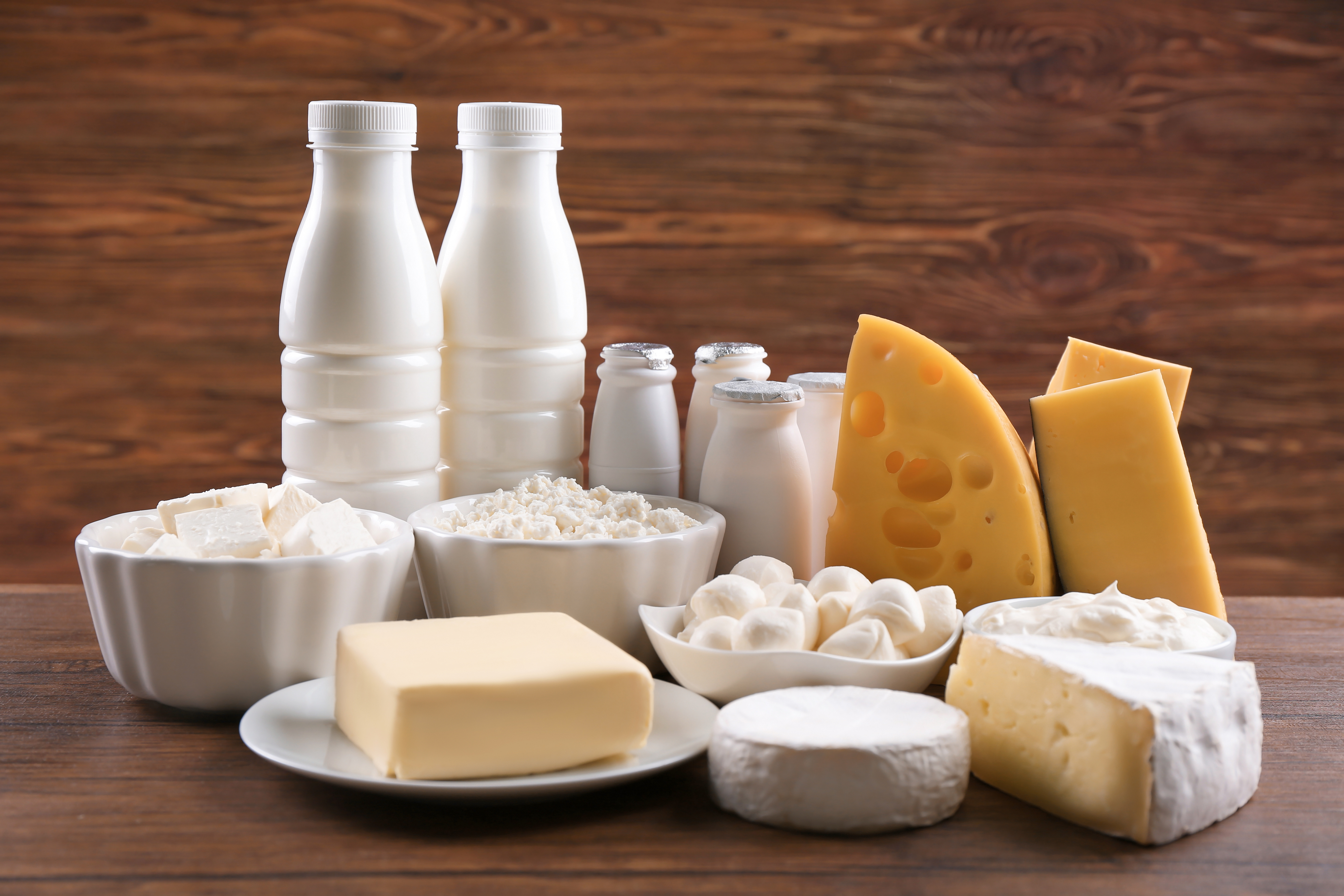
In an article published in Vogue, experts detailed how avoiding dairy may help to manage acne in adults. Because isotretinoin—which is often prescribed to adult patients with acne—comes with a litany of potential side effects, patients may also turn to lifestyle changes to manage the skin condition, such as eliminating dairy from their diets. However, there have been few high-quality studies linking dairy to acne development in this patient population. Despite demonstrating positive associations between low-fat and skim milk and acne, the studies have not confirmed causality. As a result, researchers have suggested cutting dairy from the diet as a complement to standard treatments rather than as a primary treatment for the condition. Yet, many dermatologists highlighted that patients with both acne and eczema have exhibited significantly clearer skin after limiting their dairy intake. Individuals who live with persistent acne were advised to simultaneously track their food intake and monitor their acne to determine which foods may trigger breakouts. While some individuals may notice a correlation between dairy and acne, others may discover that gluten or certain fruits and vegetables cause new acne to form. Individuals may also use retinoid-, benzoyl peroxide–, and salicylic acid–containing products to help manage breakouts.